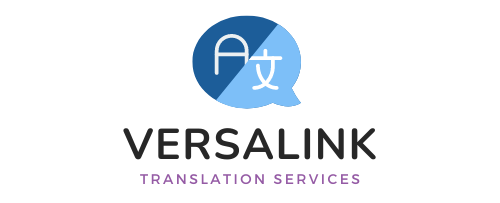In today’s blog post, we delve into the fast-changing world of the translation industry and examine the impact of technology on its future, both for corporations and language experts.
Introduction: The translation field is experiencing significant changes due to technological advancements. Progress in machine translation, artificial intelligence, and automation is redefining the way language assistance is provided. In this piece, we will explore the future of translation and examine the influence technology has on this dynamic environment.
The Transformation of Translation:
Tracing the Growth of Machine Translation: Investigate the progress of machine translation, from its early stages to its current capabilities of handling intricate language tasks.
The Advancements of AI and Natural Language Processing in Translation: Gain insights into how artificial intelligence and natural language processing have advanced translation accuracy and efficiency.
The Impact of Automation on Translation: Examine the effects of automation on streamlining translation processes, cost reduction, and faster delivery times.
The Essentiality of Human Translation: Analyze the crucial role that human translators play in translation and the potential future of human-generated translations.
Business Repercussions:
Reduced Expenses: Companies can now save money on translation services by embracing technology-driven solutions. This enables both small and large businesses to afford high-quality translations without straining their budgets.
Increased Productivity: The use of automated tools powered by artificial intelligence enables faster translation delivery, helping businesses meet critical timelines and capitalize on potential opportunities.
Improved Accuracy: With advancements in technology, translation solutions have become more precise and reliable. This reduces the chances of miscommunication and errors in language, improving overall communication with clients, partners, and employees.
Exploring Challenges and Opportunities: An Examination of Technology’s Impact on Language Professionals and Businesses.
The Ongoing Partnership of Humans and Technology: Emphasizing the Continued Value of Human Expertise in Translation Complemented by Technological Advancements.
In conclusion, the future of translation presents vast possibilities and potential for advancements. With technology playing a vital role in making translation services more accessible, efficient, and affordable for businesses, the future of translation looks promising. However, it is crucial to find the right balance between utilizing technology and maintaining the expertise of human translators to achieve accurate and culturally sensitive translations in the ever-evolving landscape of translation industry.
